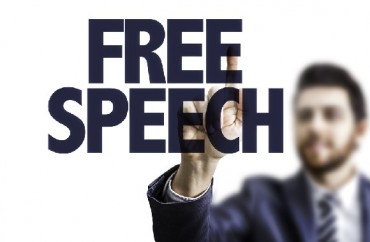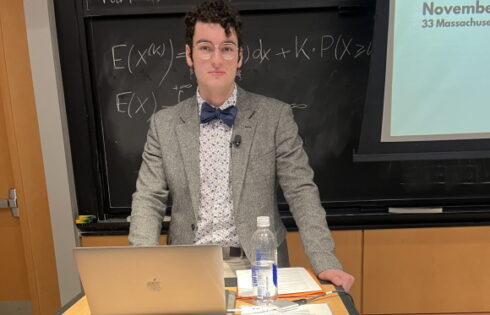
The American Civil Liberties Union has sued the state of South Carolina claiming its “Disturbing Schools” statute is unconstitutional.
As reported by the Foundation for Individual Rights in Education, the group says the law, which applies to state high schools and colleges, “can mean almost anything a police officer wants it to mean” as it makes acting in an “obnoxious manner” illegal.
The genesis for the suit is an incident involving a college student who was arrested for complaining that he was being asked to show ID to a campus cop only because of his race.
At least in some cases, law enforcement has viewed the “Disturbing Schools” statute as including “offensive” speech to or about administrators or police officers. In 1994, South Carolina’s Office of the Attorney General was asked “whether [a] student’s use of offensive language toward [a] principal or police officer” might subject the student to arrest under the statute. In a formal opinion interpreting the statute, the Attorney General answered this question in the affirmative: The “[u]se of obscene or profane language near” a school might well subject a student to arrest under the statute. That renders the statute so broad that it grants police officers unfettered discretion to arrest students if the officer subjectively felt offended by the content of the students’ words.
MORE: ‘Debate’ over student 1st Amendment rights continues at U. of Houston
Much of the disruptive behavior that schools seek to deter—not including the protected activities described above—can be readily punished using existing, well-defined laws. Even a cursory review of the 1994 opinion from South Carolina’s Attorney General reveals that much of the behavior addressed—including loitering, trespassing, and assault—is already prohibited by other statutes. There is no need to grant officers widespread latitude to arrest anyone they believe is acting in an “obnoxious” manner near a school.
On a long enough timeline, every student of any age—including college students—is likely to be “obnoxious” or say “obnoxious” things at some point. That shouldn’t make them criminals.
Indeed. It’s bad enough that colleges too often act in an authoritarian manner when it comes to free speech rights; we don’t need entire states doing the same.
MORE: Overwhelmingly, Democrats do not approve of the 1st Amendment on campus
MORE: Mizzou vice chancellor: 1st Amendment doesn’t let you say ‘hateful things’
Like The College Fix on Facebook / Follow us on Twitter
IMAGE: Shutterstock





Please join the conversation about our stories on Facebook, Twitter, Instagram, Reddit, MeWe, Rumble, Gab, Minds and Gettr.